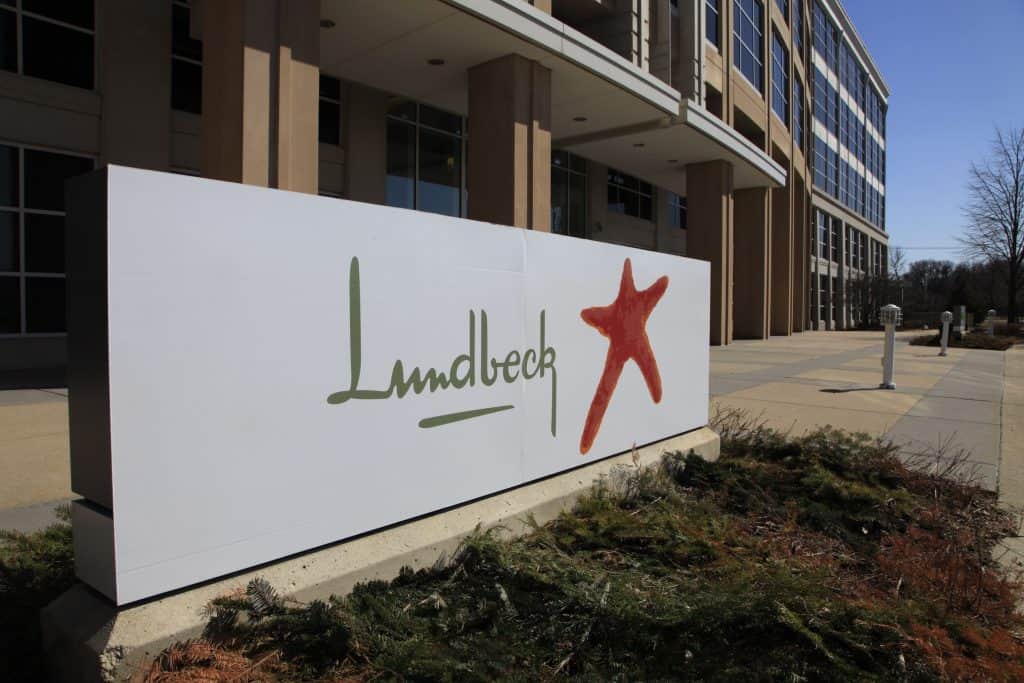
Nine fined in EU pay-for-delay deals
pharmafile | June 20, 2013 | News story | Manufacturing and Production, Sales and Marketing | EU, Lundbeck, Merck, Ranbaxy
Nine pharma firms have been handed hefty fines by the European Commission over allegations that they willingly blocked generic versions of an antidepressant.
Lundbeck, Merck KGaA, Ranbaxy, Arrow, Resolution Chemicals, Xellia Pharmaceuticals, Alpharma – which is now part of Zoetis Products, and A.L. Industrier, have all been fined a total of €146 million.
The drug in question – Lundbeck’s Celexa (citalopram) – lost its patent in 2002 but the European Commission, which regulates competition in the EU, has found that Lundbeck paid the firms and their generic subsidiaries to delay the launch of copycat versions of the drug.
Because it initiated the deal, Lundbeck, which said it will appeal the ruling, took the biggest hit with a €93.8 million (DKK 700 million) fine.
But the Danish firm has not been handed the harshest penalty, as the Commission can officially fine a company up to 10% of its global revenue for breaching antitrust laws, which in this case would have been €240 million.
Merck KGaA was slapped with a €21.4 million fine – it also received a further €7.7 million sanction with its former subsidiary Generics UK, which is now owned by US generic drugmaker Mylan.
This is the first time the European Commission has taken this course of action, and could set a precedent for further cases in the future.
Pay-for-delay
These types of payments are known as ‘pay-for-delay’ deals, where pharma firms developing branded drugs make payments to a generic company in return for that firm agreeing to delay its entry into the market.
This means the generic firms are compensated for delaying the sale of their drugs, and pharma companies can keep artificially bringing in revenue from their branded medicines after patents have expired.
This may benefit the firms involved, but can cost patients and healthcare providers billions in extra money it shouldn’t need to pay out.
“Agreements of this type directly harm patients and national health systems, which are already under tight budgetary constraints,” said EU Competition Commissioner Joaquin Almunia. “The Commission will not tolerate such anticompetitive practices.”
Lundbeck appeals
Lundbeck says it ‘strongly disagrees’ with the Commission’s ruling and will appeal, saying it acted “transparently and in good faith in trying to protect our patents”.
It adds that the agreements were reviewed by both the European Commission and the Danish Competition Authorities in 2004, “who publically stated that it could not be rendered probable that the agreements were restricting competition”, according to the company.
The Commission says there are two other ongoing cases that could lead to further fines. This relates to the world’s biggest generics manufacturer Teva and French drugmaker Servier – itself already in hot water over legal disputes – and another related to Janssen and Novartis.
Richard Bergström, head of the European drug lobby group EFPIA, said the Commission’s decision on the firms would ‘only prolong patent litigation’.
He added: “It also weakens the protection afforded by patents and will undermine confidence in the patent system itself to the detriment of innovation and growth in Europe.”
But this seems to be just the beginning as the Lundbeck case sets a precedent for EU regulatory handling of such offences, said Deutsche Bank analyst Tim Race. “This is the first case of likely many for which we will see fines imposed,” he wrote in a note to clients.
The practice has been a particular problem in the US, where a Federal Trade Commission’s (FTC) staff report found these deals involved 22 brand-name pharma products in 2011, with combined annual US sales of about $9.3 billion.
Much like the EC, the FTC is now increasing its efforts to combat these deals, and have even challenged a number of patent settlement agreements in court, contending that they are anti-competitive and violate US antitrust laws.
Ben Adams
Related Content

Merck shares data from phase 3 trial of Keytruda for gastric cancers
Merck, known as MSD outside of the US and Canada, has announced data from the …

TILT Biotherapeutics shares data on TILT-123 with Keytruda for ovarian cancer treatment
TILT Biotherapeutics has announced promising preliminary safety and efficacy data from its ongoing phase 1 …

FDA approves Merck’s Winrevair for PAH treatment
Merck, known as MSD outside of the US and Canada, has announced that the US …







